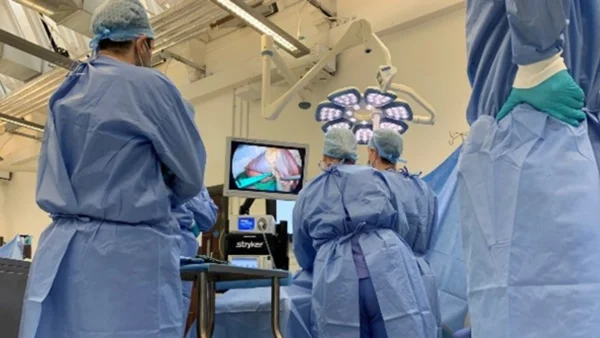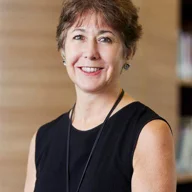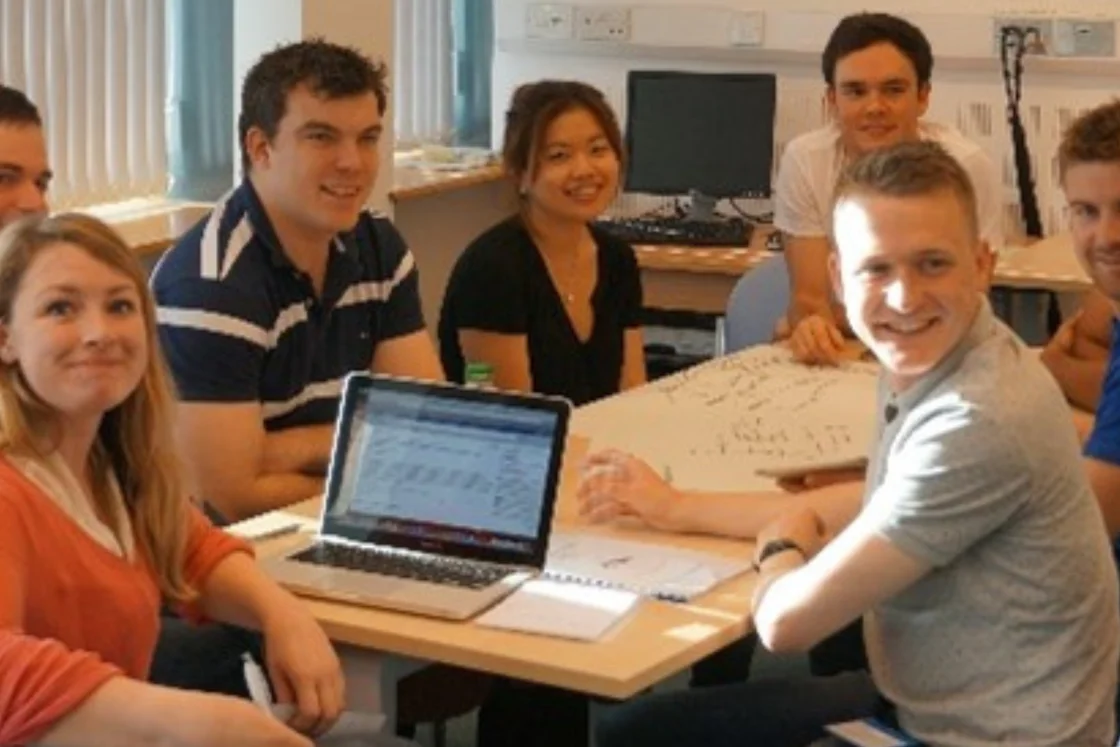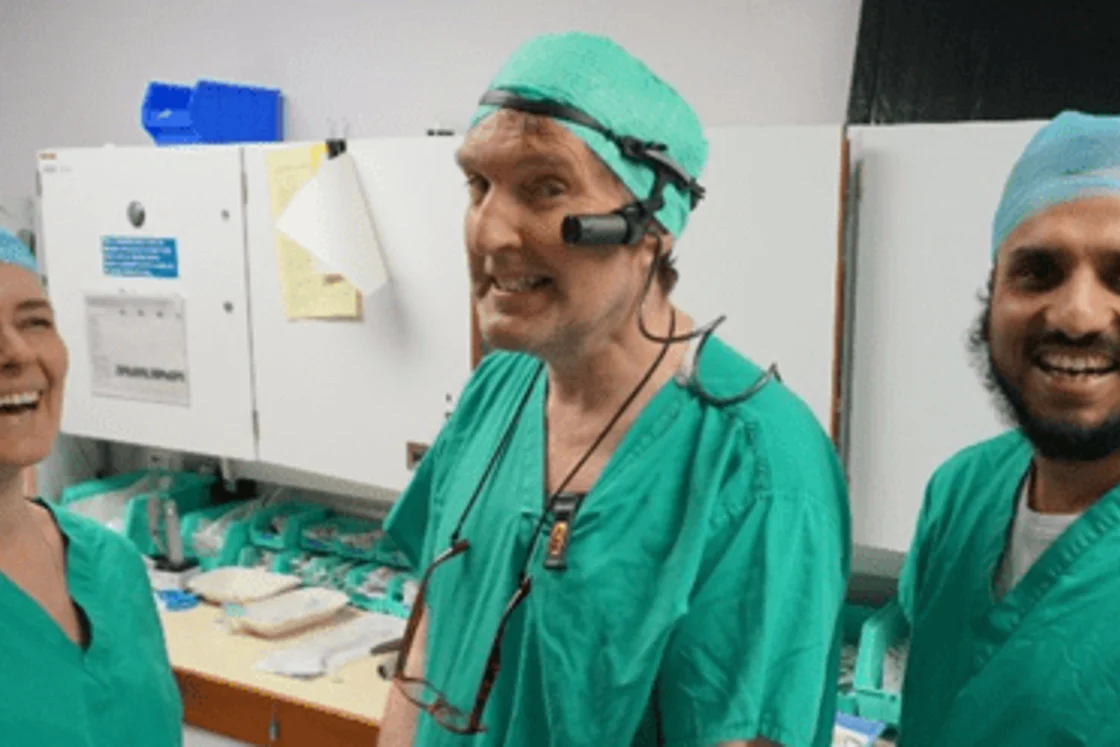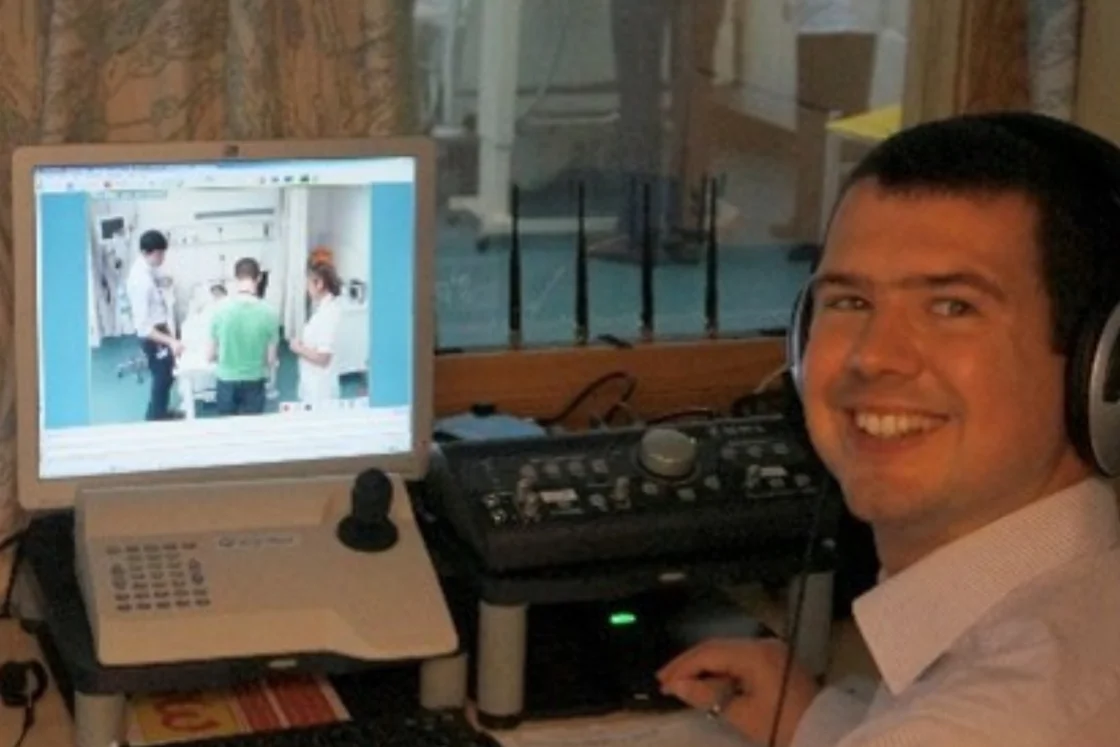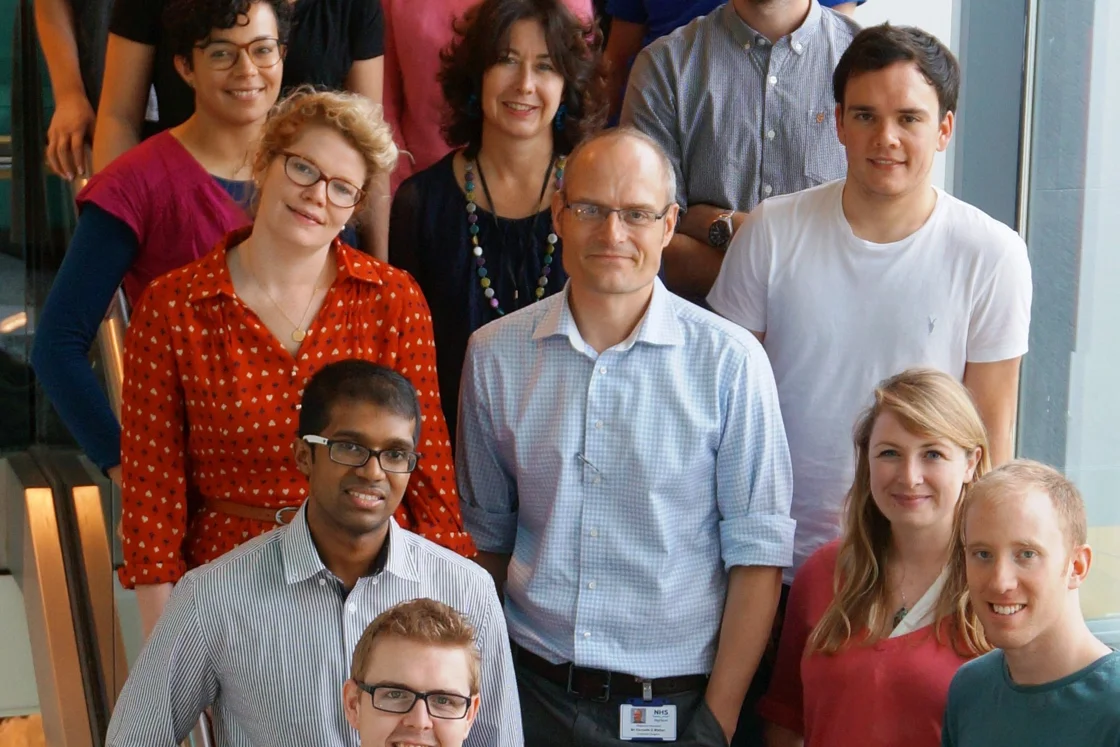In 2024, the College has launched a new group focused on surgical education research and innovation. The aim of the SERI Lab is to build a body of academic work to understand how best to equip tomorrow’s surgeons and teams to care for tomorrow's patients effectively, compassionately, excellently and safely, and to enjoy long and rewarding careers.
The new lab is co-hosted by RCSEd and NHS Highland and will collaborate on projects with other trusts and health boards, universities, deaneries, surgical associations, and patient groups.
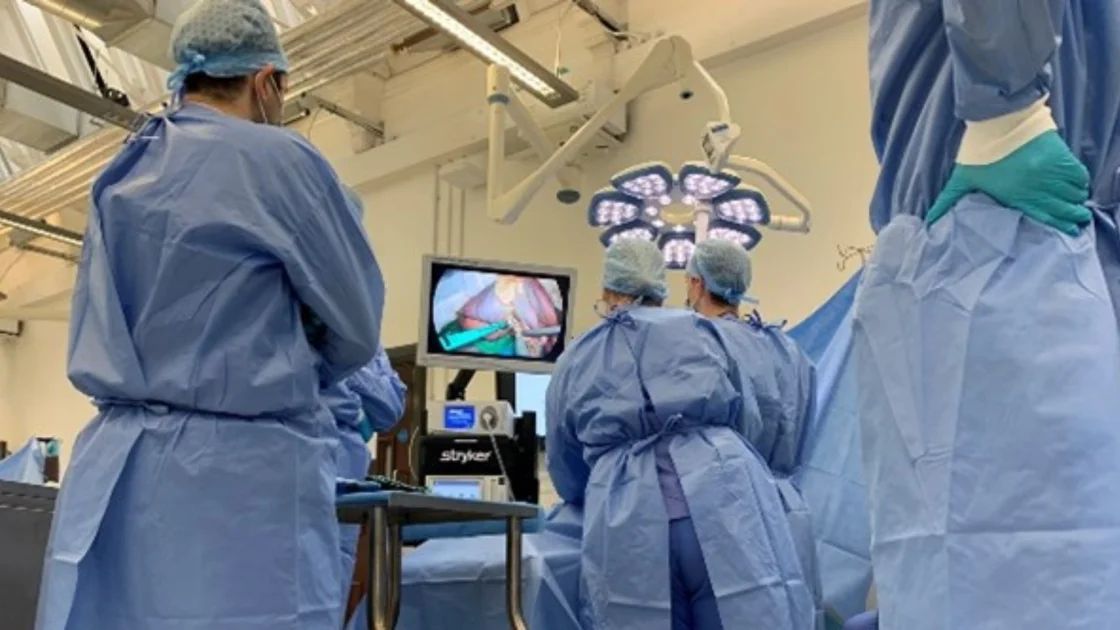
SERI Lab
The new SERI Lab co-hosted by RCSEd and NHS Highland.
Jennifer Cleland
Wade Professor of Surgical Education Research (supported by the Pilmuir Trust)
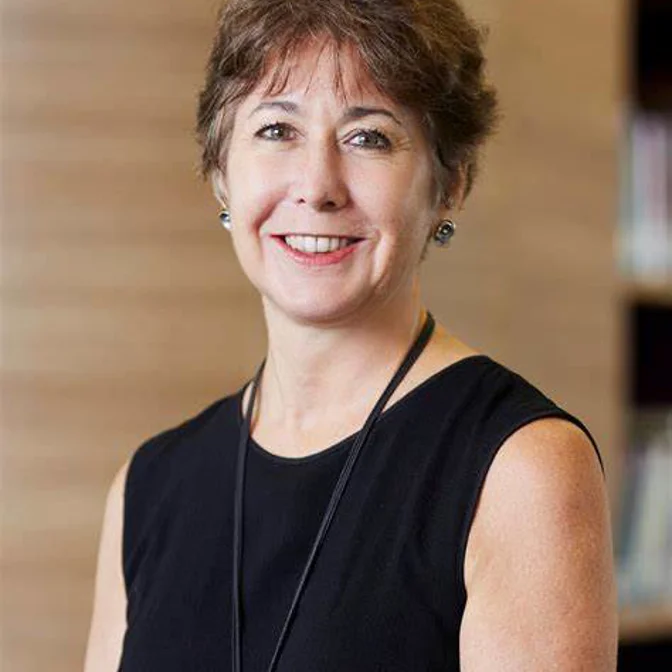
Kenneth Walker
Professor of Innovation in Surgical Education (supported by NHS Highland)
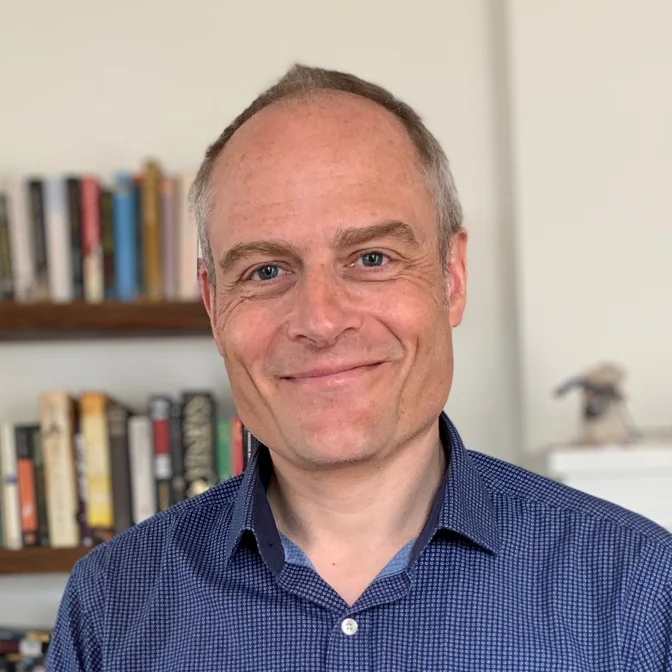
Previous Projects
In previous years, Professors Walker and Cleland, alongside their colleagues, have led and evaluated numerous projects in collaboration with health boards, deaneries, Royal Colleges, and other professionals. These projects have addressed perceived gaps, inconsistencies, and opportunities in surgical education. The SERI Lab is strongly focused on building research capacity, providing mentorship, and making the process enjoyable. Professors Cleland and Walker have successfully supervised surgical research fellows through to the completion of their PhDs, MDs or MScs.
Examples include:
- Developing and evaluating: bootcamps and simulation strategies for surgical training programmes in Scotland;
- Take-home deliberate practice programmes;
- Examining expert decision making using techniques developed for space medicine;
- A helical training programme in Consultation Skills for surgeons - “COSMOS” – (including a module on “when it all goes wrong”);
- They also have a track record of research in predicting performance in surgical training, training culture, and examining organisational and educational challenges in workplace training and education.
Previous Surgical Education Projects
Explore past surgical education projects improving training through boot camps, simulation, skills development and innovative research.
Explore hereResearch Fellows
Meet current and past surgical education research fellows driving innovation in surgical training through PhDs, MScs and fellowship projects.
Learn morePublications from Previous Fellows
Read the list of selected publications from previous fellows.
Read hereNew Projects
In the new lab, several projects are already in development, and other ideas are "on the shelf."
Some available project ideas currently include:
- Rural Surgical training;
- Faculty coaching for courses;
- Blended and multimodal NOTSS training for global surgery;
- Using head-camera cued recall and debrief to build a peer-to-peer training resource;
- Thematic analysis of patients’ gratitude and complaint letters;
- Qualitative evaluation of existing Surgical Education international partnerships with Nepal, Palestine or the NOTSS course partner countries.
However, future research fellows may bring their own proposals.
New Applications
In January/February 2025, we completed a selection process for new Surgical Education Research Fellows seeking supervision from August 2025 (subject to securing a funded post). We are also considering applicants for deferred entry in August 2026. However, we remain open to enquiries and expressions of interest from prospective Surgical Education Research Fellows who may wish to join from August 2026 onwards.
You may wish to come "out-of-programme" for research, and need a proposal to put to your Training programme Director.
You may be planning to apply for a research post salary arranged from a Trust, Health Board, or other employer or grant provider, and need a research proposal; or you may even have such a salary already arranged.
We invite applications:
- With or without an arranged salary;
- With a novel project idea or interested in one of ours;
- With or without an interested co-supervisor from a base institution or programme.
We are open to exploratory discussions before deciding whether to submit an application.
We are also keen to hear from surgical training providers seeking help with the evaluation of interventions or who have complex problems they wish to develop into research questions and studies. Contact us at serilab@rcsed.ac.uk.
Application Form
We are accepting enquiries and expressions of interest from prospective surgical education research fellows wishing to join from August 2026 onwards.
Download here

